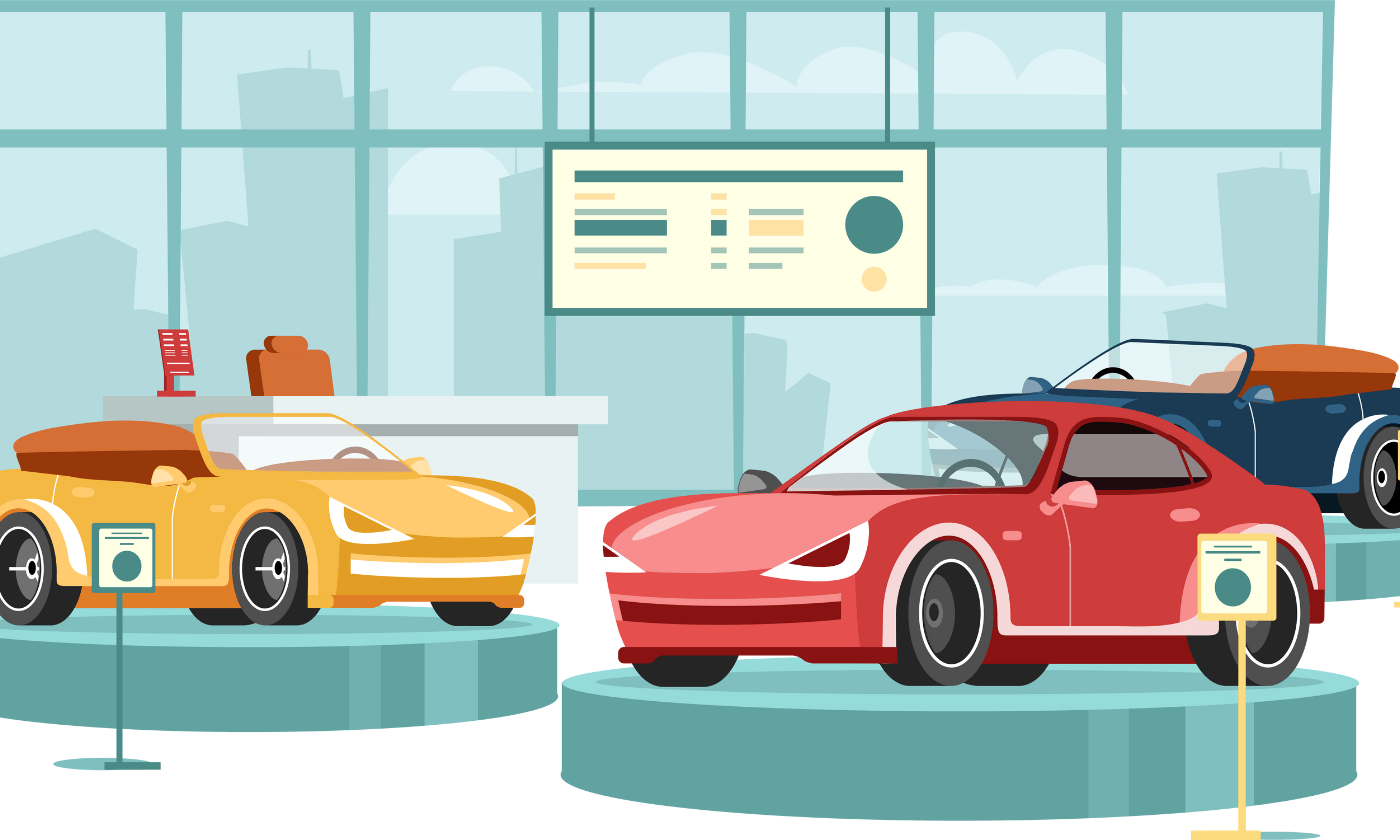Electric Avenue
Alongside a longforgotten corner of Karachi’s congested automobile district, a quiet revolution is gearing into place. They have a name for it. It’s affectionately called Electric Avenue – not for its neon signs, fluorescent white showrooms, or glaring street lights – but for its parade of silent, emission-free cars, bikes and other modes of transportation that are quietly gliding past. A couple of years ago, this was another Karachi road, choked with potholes and chaos. Today, it’s a glimpse into Pakistan’s electric future that sprang from a nottoo- distant past.
It started with the early food delivery riders who switched to Chinese-made Jolta electric scooters with a look that almost stopped short of resembling a Vespa. “I don’t have to sporadically beg for three litres of fuel now!” I overheard one of the riders say. This was followed by a banker friend of mine who worked in IT and rolled in one day with his MG ZS EV, shrugging off fuel hikes while his colleagues heaved sighs of despair at the gas station. “People called me crazy back then,” he confided. “Now they ask to take it for a test drive.” Word spread from zero to 60 in three seconds.
With petrol prices skyrocketing, middle-class families were compelled to eye electric vehicles (EV) as a lifeline. Fortunately, the government helped accelerate the trend by slashing taxes, and waiving import duties so that showrooms everywhere, especially along Electric Avenue, were filled with BYDs, Hyundais, and the occasional Tesla – their ergonomic curves drawing crowds like children to a carnival.
Most EVs on Electric Avenue are badged with Chinese emblems: MG, BYD, DFSK – all saturating the market with affordable luxury, compelling competitors to adjust their prices accordingly. “A Nissan Leaf from Japan costs half of what it did three years ago,” a used-car dealer informed me. “But the Atto 3? That’s the one everyone wants – good range, fancy screen, and enough room on the back seat to procreate the next generation of Mandarin speakers.”
Then (after the India- Pakistan patch-up, and the Trump-Musk divorce) we heard whispers in an East Coast, American accent. Post the US-Pakistan trade talks, rumours swirled of cheaper Teslas, of Ford’s Mustang Mach-E and Chevrolet’s Equinox dodging steep taxes. Alright, so they are still rich men’s toys. But at the café near Electric Avenue, mechanics sipping chai debated whether China would still rule if the Americans dropped prices the way they drop bombs.
Not everything cruises as smoothly as an EV, of course. “I love my EV,” a patron at Electric Avenue told me, “until I need to charge it.” Because he got tired of locating a charging station, he had one installed next to his electric meter at his house. “It’s about Rs 8,000 for 500 kilometres,” he boasted. The city’s infrastructure is playing catch up: a few solar-powered hubs here, a shopping mall plug-in there. The design team of Mode Bikes (beautiful bikes, by the way) are stepping in by letting their riders swap their batteries (branded Power2GO) like propane tanks. No waiting. “It’s Pakistan,” grins the owner, “when we improvise, we rule the world.”
If you find yourself walking down Electric Avenue, don’t be offended by the sales pitches. They are everywhere. Billboards scream, “Zero Petrol, 100% Savings,” while paid influencers broadcast themselves gliding past traffic in stealth luxury. Meanwhile, Chinese brands are leaning into Urdu jingles and local celebrity endorsements while the premium ones flaunt “German Engineering, American Tech” to woo customers with some semblance of Western prestige. By the time night falls, EV headlights – cool blue instead of halogen yellow – stream the street like a scene from a sci-fi film. Electric Avenue is not just a road anymore. It is a testing ground for Pakistan’s wallets, its power grid, and its appetite for change. The revolution won’t happen overnight. But as the bikes whisper past and the charging stations multiply, one thing is clear.
The future has a plug, and Pakistanis are reaching for it.
Faraz Maqsood Hamidi is CCO and CEO, The D’Hamidi Partnership, a worldwide partner agency of WPI.

Comments (4) Closed